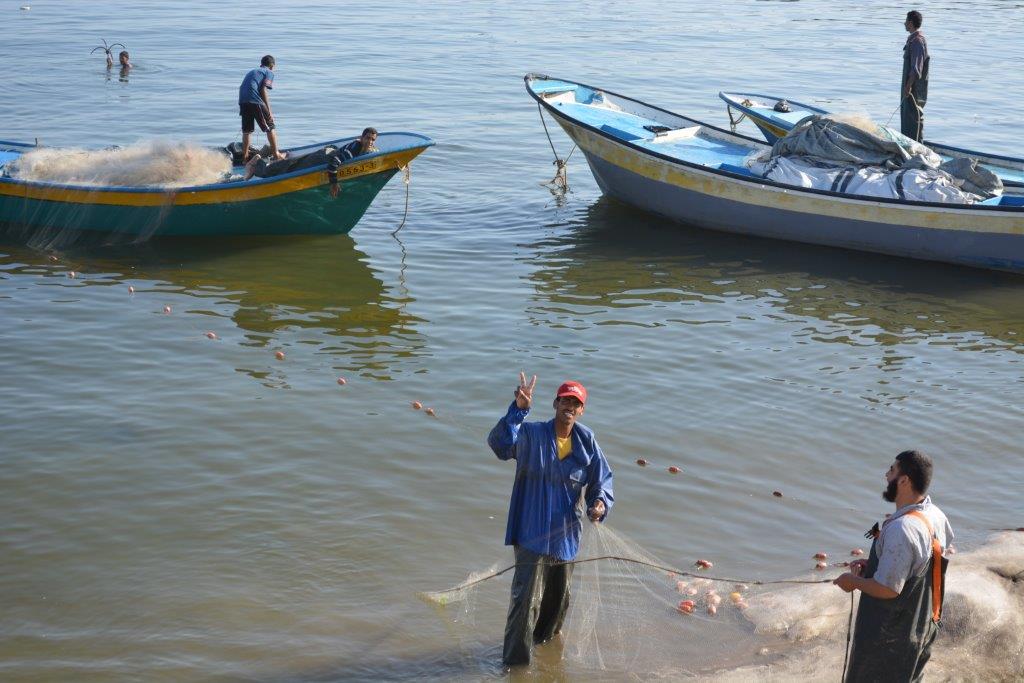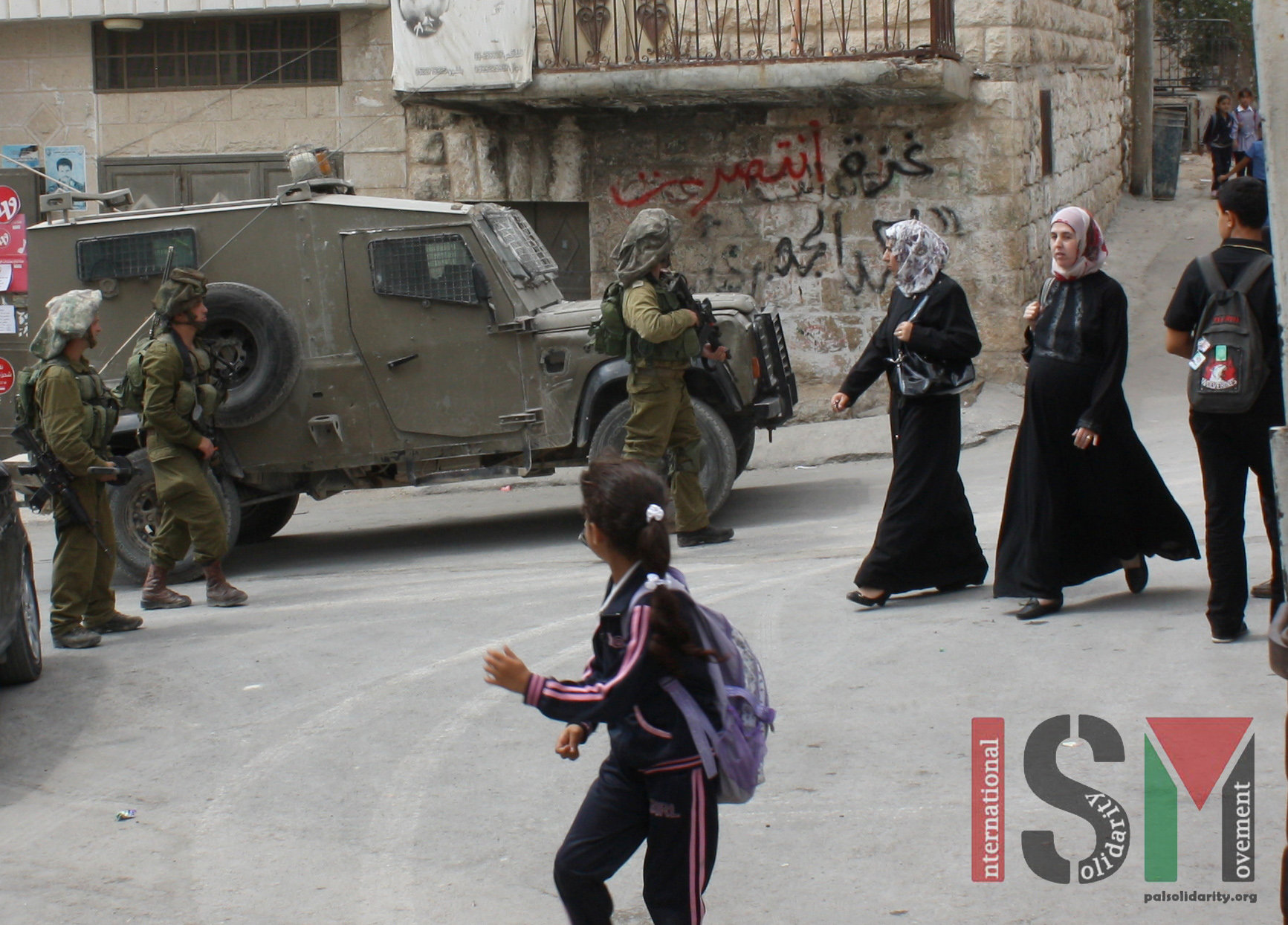Category: Journals
-
Journal: Farming in Gaza near the Buffer Zone
9th November | Rina Andolini | Khuza’a, Occupied Palestine The farmers are rarely talked about. They blend into the background of the lands beyond the destroyed buildings of the towns. The reality is though, they are facing a battle themselves. Many farmers have had their homes, and farmland attacked. Farm land attacked I repeat, I mean, who…
-
Final journal from Gaza
17th September | Charlie Andreasson | Gaza, Occupied Palestine This is what seems to be the last thing I will write from Gaza. Not that there is nothing more to tell, there lies a new story under every stone, but because I will soon leave this small coastal strip where there is so much to…
-
Army incursions into Madama
9th September 2014 | International Solidarity Movement, Nablus team | Madama, Occupied Palestine We arrived in Madama yesterday, 8th September; in the early afternoon after we were told that during the night Israeli army invaded this village, and the nearby villages of Burin and Asira Al Qibliya. Our contact told us that the main road leading to…



